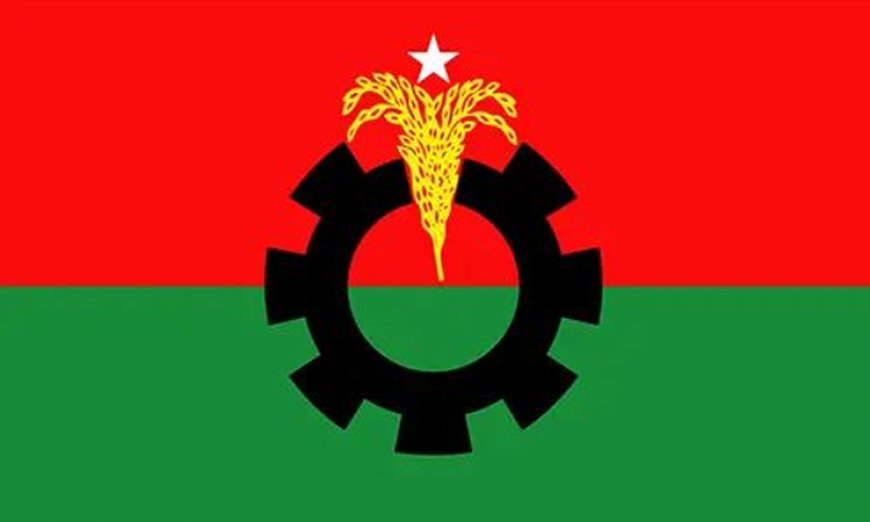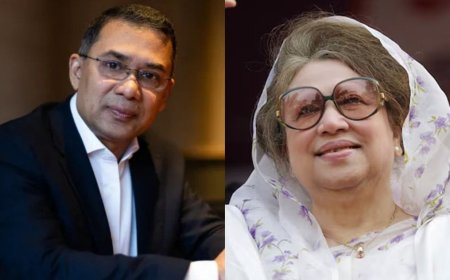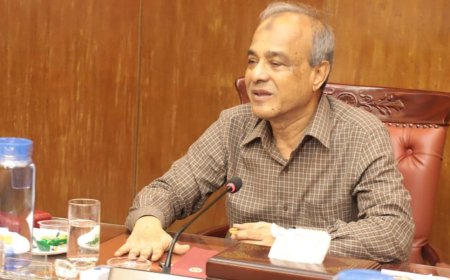BNP commemorates 47 years of sacrifice, pride, and nationalism
BNP commemorates 47 years of sacrifice, pride, and nationalism.

The Bangladesh Nationalist Party (BNP) today enters its 47th year, carrying a legacy of sacrifice, pride, and nationalism, having stood at the forefront of the nation’s struggles for democracy, human rights, and the people’s right to vote.
The story of Bangladesh is not only one of independence, but also of resilience—of sacrifices made, defiance shown, and the relentless fight for justice. At every turning point, when democracy was undermined, liberty denied, or the nation’s very survival was at stake, BNP stepped forward to safeguard freedom and sovereignty.
Amid the political vacuum created by the imposition of the one-party BAKSAL regime in 1975, Shaheed President Ziaur Rahman—Proclaimer of Independence and a Sector Commander during the Liberation War—founded BNP on September 1, 1978, under the banyan tree at Ramna, Dhaka, with a vision of restoring multiparty democracy.
Zia’s initiatives to change people’s destiny quickly made him a popular leader. After his assassination on May 30, 1981, at Chattogram Circuit House, his wife Begum Khaleda Zia entered politics. Rising from a housewife to a stateswoman, her firm leadership reshaped the party, and her uncompromising movements on the streets accelerated the fall of autocrat Ershad.
During the Awami League’s rule, she was jailed in 2018 on a controversial corruption charge, after which Tarique Rahman assumed leadership. Since then, he has reorganized the party, energized the movement, drawn youth into politics, and introduced new strategies to adapt to changing times.
In his anniversary message, Acting Chairman Tarique Rahman said BNP’s core mission is to end the people’s sufferings by restoring their rights, ensuring sovereignty, and reviving multiparty democracy. “With the nationalist ideology as our foundation, BNP was established on September 1, 1978. This day is one of joy, inspiration, and renewed commitment to building a sovereign and democratic Bangladesh,” he said.
BNP leaders also reflected on the party’s past and future challenges. Secretary General Mirza Fakhrul Islam Alamgir noted that Ziaur Rahman not only reintroduced pluralistic democracy but also laid the groundwork for a free-market economy. He credited Khaleda Zia with establishing parliamentary democracy and the caretaker government system. “Now, our Acting Chairman Tarique Rahman has unveiled a 31-point reform framework to guide Bangladesh into the future,” he added, vowing to restore democracy through unity and resolve.
Standing Committee members echoed similar sentiments. Dr. Khandaker Mosharraf Hossain emphasized Zia’s role in reviving multiparty democracy in 1975, while Dr. Moin Khan said the BNP is now moving forward with a renewed vision to build a just and democratic future for the next generation.
Analysts, however, observed that BNP must back its 31-point reform agenda with concrete action to regain public trust. Eminent economist Dr. Mahbub Ullah stressed that the party must practice internal democracy, align with the people’s aspirations, and demonstrate that its promises will be kept if it returns to power.
Founding Anniversary Programmes
BNP has rolled out a seven-day programme to mark the anniversary. Events began on August 31 with a discussion on the party’s founding at the Institution of Engineers auditorium. This morning, the party flag was hoisted at the central office in Naya Paltan and across local offices nationwide.
Later in the day, senior leaders, including Mirza Fakhrul and members of the Standing Committee, placed wreaths and offered tributes at the grave of Shaheed President Ziaur Rahman.
In the coming days, rallies, cultural programmes, roundtable discussions, medical camps, tree-planting drives, and sports events will be held across the country. On September 2, a grand rally will take place in Dhaka, followed by upazila- and pourashava-level events on September 3.
Special newspaper supplements, commemorative posters, and diverse activities aim to highlight the significance of BNP’s 47-year journey as the party seeks to reposition itself amid the country’s shifting political landscape.
What's Your Reaction?




















































































